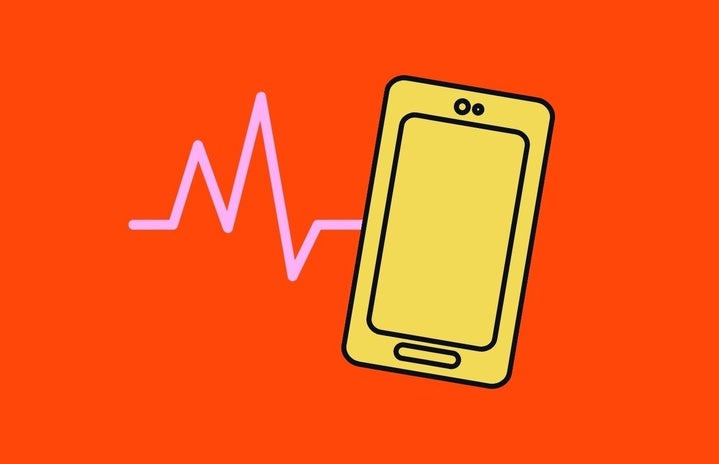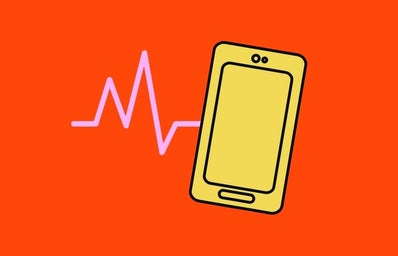The Internet is a space which is home to every possible sub-culture and community one can think of, whether it’s a niche interest, a cultural community or a particular political view. Every community in itself, creates a space for conversation around it, and the conversation is never just negative or positive, which is an interesting point of analysis. In the recent upsurge of content online which promotes mental health awareness, a community and space which discusses and encourages conversation about mental health has been created. This community, has created a space for individuals experiencing mental illness to feel less alienated. However, what is the kind of content generated as ‘mental health awareness’? Is it all positive? Is it representative enough? Let us try and explore and analyze the same.
Whether its school, college, offices or friend circles, you’ll often find your conversations referencing or centering characters–from films, shows and books. Are you a ‘Rachel’? Or perhaps a ‘Phoebe’? Are you team Jacob or Team Edward? Or are you ‘OCD’ like Monica? Healthy representation of characters with mental illness was seldom, but whenever it was there, more often than not it was not accurate, but rather a collection of stereotypes. This often comes from extreme or very specific portrayals of mental illness in media. An individual with OCD is just someone who is very specific about cleaning, someone with schizophrenia is beyond help, or someone who is bipolar is always either manic or depressive. Films such as ‘A Beautiful Mind’, ‘Split’, ‘Ghajini’ etc present a very limited and skewed perception of mental illness, often only portraying the suffer one goes through, rather than showing the characters seeking help, this implies a rather bleak idea that it’s an endless suffering.
This lackluster representation in the mainstream media however, while having some effects on people and communities, has also been pointed out and analyzed online. Several Youtube channels, Instagram content creators such as ‘Psych2Go’, ‘Luke Alexander’ as well as ‘Verdis Joe’. Channels such as these not only critique shows for bad representation and reinforcing stereotypes but also suggest how to improve upon them, pointing out why healthy representation is important. This has created a space online not only for representation of mental illness, but also a space to critique of the nature and substance of that representation. Some problems often pointed out are the overgeneralization of characters, romanticisation of mental illness and its symptoms, and justifying character actions simply because the character experiences mental illness. More often than not, some mental illnesses are more widely represented rather than others, which eventually leads to skewed perceptions. Communities of people on social media like Instagram, Twitter and Reddit have open discussions on shows such as ‘Bojack Horseman’, ‘The Boys’, amongst others that have healthy representation, along with people sharing their experiences with mental health. This sharing however also, has subtle effects that may be positive or negative. Many instagram meme pages will use a simple meme format with a person in the background and bold text in the foreground. Many times its simply dark humour, which is making light of the severe symptoms and experiences of mental illness, whether it is the inability to get out of bed, and do other simple things, or it is the effects of the pandemic on people’s relationships.
However if we think of it this way, continuous consumption of content which involves indulging oneself when suffering, can also have adverse effects. This is reflected perfected in Wojack’s ‘Doomer’ character. This is a character archetype created on ‘4chan’, an online forum, which typifies a person who indulges themselves in talking about how poorly they’re doing, believes it will never get better, and has a general ‘doomsday’ like worldview. Wojack characters will often be present in many memes when talking about experiencing mental illness. This is when we ask the question, is this representation, although accurate for many, good for those experiencing mental illness? Does it patch their wounds or add salt to them? Is complete indulgence in one’s suffering good for those who suffer? While it is widely believed and stated that toxic positivity–encouraging people with mental illness to engage in a completely positive outlook on life is unhealthy,but is continuous awareness of how one suffers also unhealthy? This is a question that is raised when discussing the content explosion within any internet sub community, because it will encompass the good-bad and ugly. A healthy representation is extremely important for those experiencing mental illness, but often times the community that it fosters is also one which purely encourages indulging oneself in one’s suffering rather than having a balanced approach to healing.


